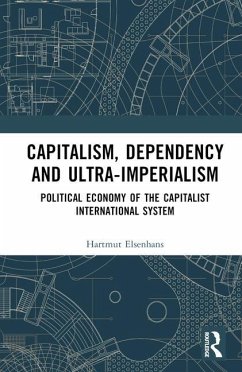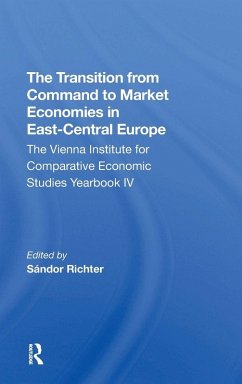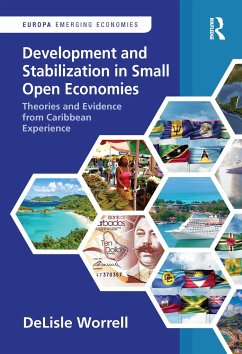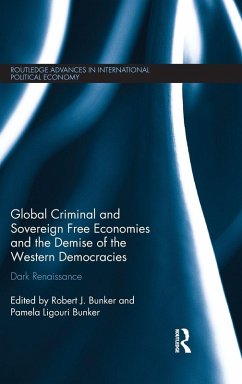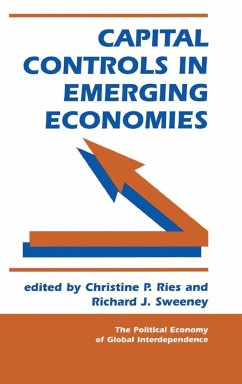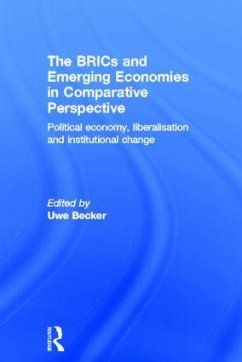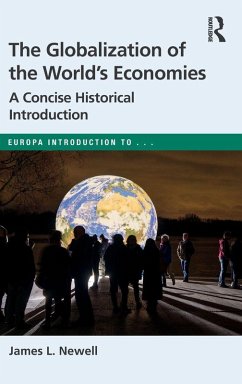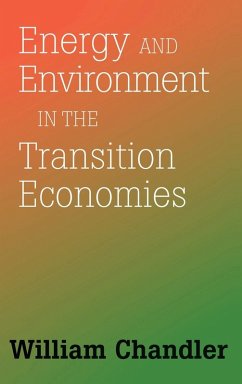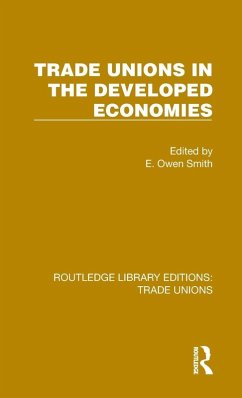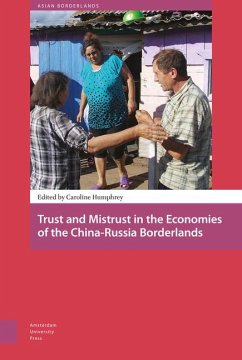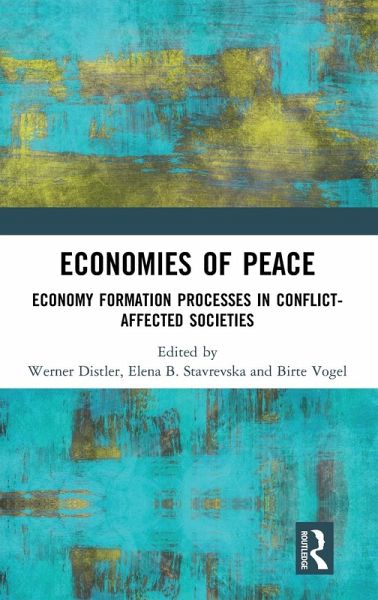
Economies of Peace
Economy Formation Processes in Conflict-Affected Societies
Herausgeber: Distler, Werner; Vogel, Birte; Stavrevska, Elena B.

PAYBACK Punkte
84 °P sammeln!
Looking beyond and beneath the macro level, this book examines the processes and outcomes of the interaction of economic reforms and socio-economic peacebuilding programmes with, and international interventions in, people's lived realities in conflict-affected societies. The contributions argue that disregarding socio-economic aspects of peace and how they relate to the everyday leaves a vacuum in the understanding of the formation of post-conflict economies. To address this gap, the book outlines and deploys the concept of 'post-conflict economy formation'. This is a multifaceted phenomenon, ...
Looking beyond and beneath the macro level, this book examines the processes and outcomes of the interaction of economic reforms and socio-economic peacebuilding programmes with, and international interventions in, people's lived realities in conflict-affected societies. The contributions argue that disregarding socio-economic aspects of peace and how they relate to the everyday leaves a vacuum in the understanding of the formation of post-conflict economies. To address this gap, the book outlines and deploys the concept of 'post-conflict economy formation'. This is a multifaceted phenomenon, including both formal and informal processes that occur in the post-conflict period and contribute to the introduction, adjustment, or abolition of economic practices, institutions, and rules that inform the transformation of the socio-economic fabric of the society. The contributions engage with existing statebuilding and peacebuilding debates, while bringing in critical political economy perspectives. Specifically, they analyse processes of post-conflict economy formation and the navigation between livelihood needs; local translations of the liberal hegemonic order; and different, sparse manifestations of welfare states. The book concludes that a sustainable peace requires the formation of peace economies: economies that work towards reducing structural inequalities and grievances of the (pre-)conflict period, as well as addressing the livelihood concerns of citizens. This book was originally published as a special issue of Civil Wars.




